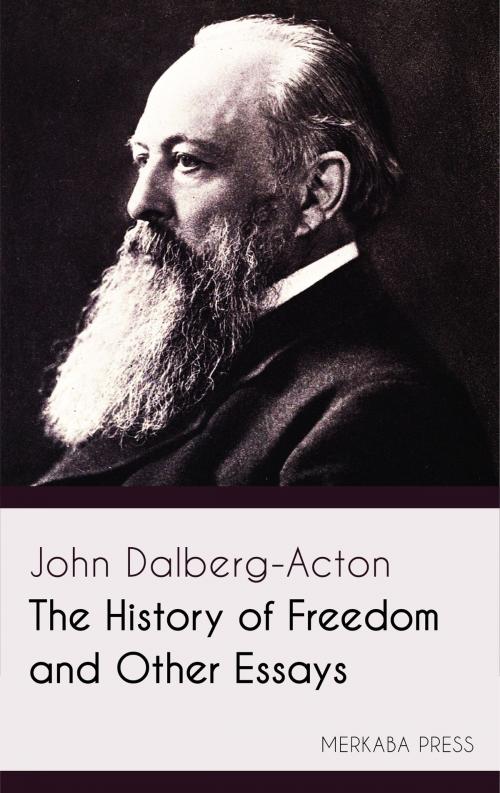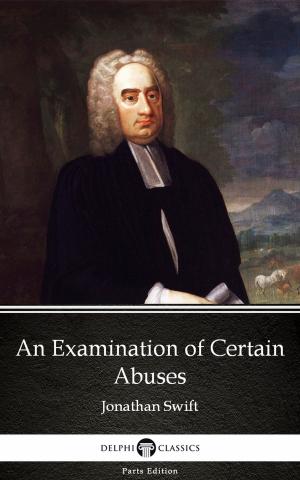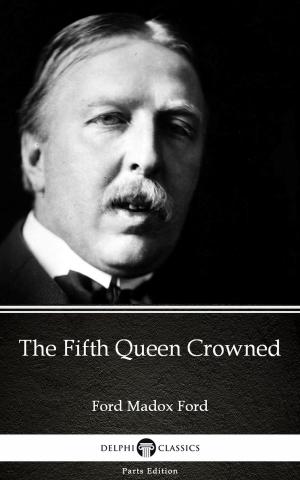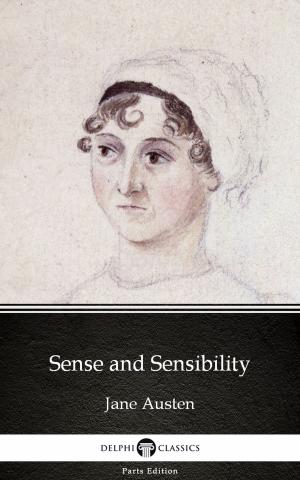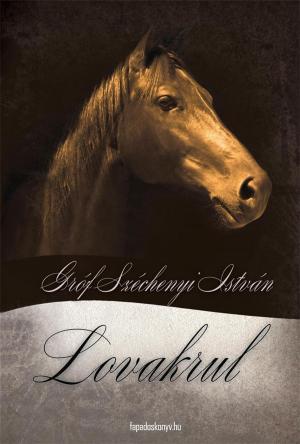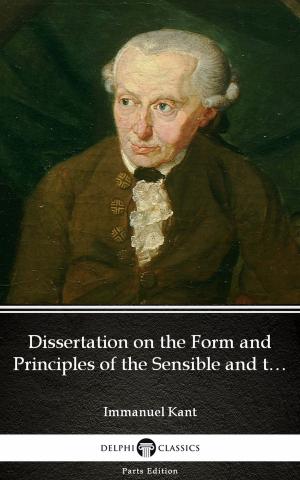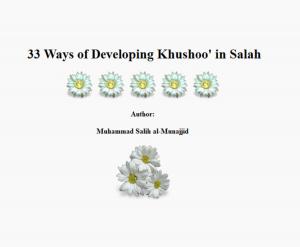| Author: | John Dalberg-Acton | ISBN: | 6610000026739 |
| Publisher: | PublishDrive | Publication: | August 10, 2017 |
| Imprint: | Merkaba Press | Language: | English |
| Author: | John Dalberg-Acton |
| ISBN: | 6610000026739 |
| Publisher: | PublishDrive |
| Publication: | August 10, 2017 |
| Imprint: | Merkaba Press |
| Language: | English |
The two volumes here published contain but a small selection from the numerous writings of Acton on a variety of topics, which are to be found scattered through many periodicals of the last half-century. The result here displayed is therefore not complete. A further selection of nearly equal quantity might be made, and still much that is valuable in Acton's work would remain buried. Here, for instance, we have extracted nothing from the Chronicle; and Acton's gifts as a leader-writer remain without illustration. Yet they were remarkable. Rarely did he show to better advantage than in the articles and reviews he wrote in that short-lived rival of the Saturday Review. From the two bound volumes of that single weekly, there might be made a selection which would be of high interest to all who cared to learn what was passing in the minds of the most acute and enlightened members of the Roman Communion at one of the most critical epochs in the history of the papacy. But what could never be reproduced is the general impression of Acton's many contributions to the Rambler, the Home and Foreign, and the North British Review. Perhaps none of his longer and more ceremonious writings can give to the reader so vivid a sense at once of the range of Acton's erudition and the strength of his critical faculty as does the perusal of these short notices. Any one who wished to understand the personality of Acton could not do better than take the published Bibliography and read a few of the articles on "contemporary literature" furnished by him to the three Reviews. In no other way could the reader so clearly realise the complexity of his mind or the vast number of subjects which he could touch with the hand of a master. In a single number there are twenty-eight such notices. His writing before he was thirty years of age shows an intimate and detailed knowledge of documents and authorities which with most students is the "hard won and hardly won" achievement of a lifetime of labour. He always writes as the student, never as the littérateur. Even the memorable phrases which give point to his briefest articles are judicial, not journalistic. Yet he treats of matters which range from the dawn of history through the ancient empires down to subjects so essentially modern as the vast literature of revolutionary France or the leaders of the romantic movement which replaced it. In all these writings of Acton those qualities manifest themselves, which only grew stronger with time, and gave him a distinct and unique place among his contemporaries. Here is the same austere love of truth, the same resolve to dig to the bed-rock of fact, and to exhaust all sources of possible illumination, the same breadth of view and intensity of inquiring ardour, which stimulated his studies and limited his productive power. Above all, there is the same unwavering faith in principles, as affording the only criterion of judgment amid the ever-fluctuating welter of human passions, political manœuvring, and ecclesiastical intrigue. But this is not all. We note the same value for great books as the source of wisdom, combined with the same enthusiasm for immediate justice which made Acton the despair of the mere academic student, an enigma among men of the world, and a stumbling-block to the politician of the clubs. Beyond this, we find that certainty and decision of judgment, that crisp concentration of phrase, that grave and deliberate irony and that mastery of subtlety, allusion, and wit, which make his interpretation an adventure and his judgment a sword...
The two volumes here published contain but a small selection from the numerous writings of Acton on a variety of topics, which are to be found scattered through many periodicals of the last half-century. The result here displayed is therefore not complete. A further selection of nearly equal quantity might be made, and still much that is valuable in Acton's work would remain buried. Here, for instance, we have extracted nothing from the Chronicle; and Acton's gifts as a leader-writer remain without illustration. Yet they were remarkable. Rarely did he show to better advantage than in the articles and reviews he wrote in that short-lived rival of the Saturday Review. From the two bound volumes of that single weekly, there might be made a selection which would be of high interest to all who cared to learn what was passing in the minds of the most acute and enlightened members of the Roman Communion at one of the most critical epochs in the history of the papacy. But what could never be reproduced is the general impression of Acton's many contributions to the Rambler, the Home and Foreign, and the North British Review. Perhaps none of his longer and more ceremonious writings can give to the reader so vivid a sense at once of the range of Acton's erudition and the strength of his critical faculty as does the perusal of these short notices. Any one who wished to understand the personality of Acton could not do better than take the published Bibliography and read a few of the articles on "contemporary literature" furnished by him to the three Reviews. In no other way could the reader so clearly realise the complexity of his mind or the vast number of subjects which he could touch with the hand of a master. In a single number there are twenty-eight such notices. His writing before he was thirty years of age shows an intimate and detailed knowledge of documents and authorities which with most students is the "hard won and hardly won" achievement of a lifetime of labour. He always writes as the student, never as the littérateur. Even the memorable phrases which give point to his briefest articles are judicial, not journalistic. Yet he treats of matters which range from the dawn of history through the ancient empires down to subjects so essentially modern as the vast literature of revolutionary France or the leaders of the romantic movement which replaced it. In all these writings of Acton those qualities manifest themselves, which only grew stronger with time, and gave him a distinct and unique place among his contemporaries. Here is the same austere love of truth, the same resolve to dig to the bed-rock of fact, and to exhaust all sources of possible illumination, the same breadth of view and intensity of inquiring ardour, which stimulated his studies and limited his productive power. Above all, there is the same unwavering faith in principles, as affording the only criterion of judgment amid the ever-fluctuating welter of human passions, political manœuvring, and ecclesiastical intrigue. But this is not all. We note the same value for great books as the source of wisdom, combined with the same enthusiasm for immediate justice which made Acton the despair of the mere academic student, an enigma among men of the world, and a stumbling-block to the politician of the clubs. Beyond this, we find that certainty and decision of judgment, that crisp concentration of phrase, that grave and deliberate irony and that mastery of subtlety, allusion, and wit, which make his interpretation an adventure and his judgment a sword...
